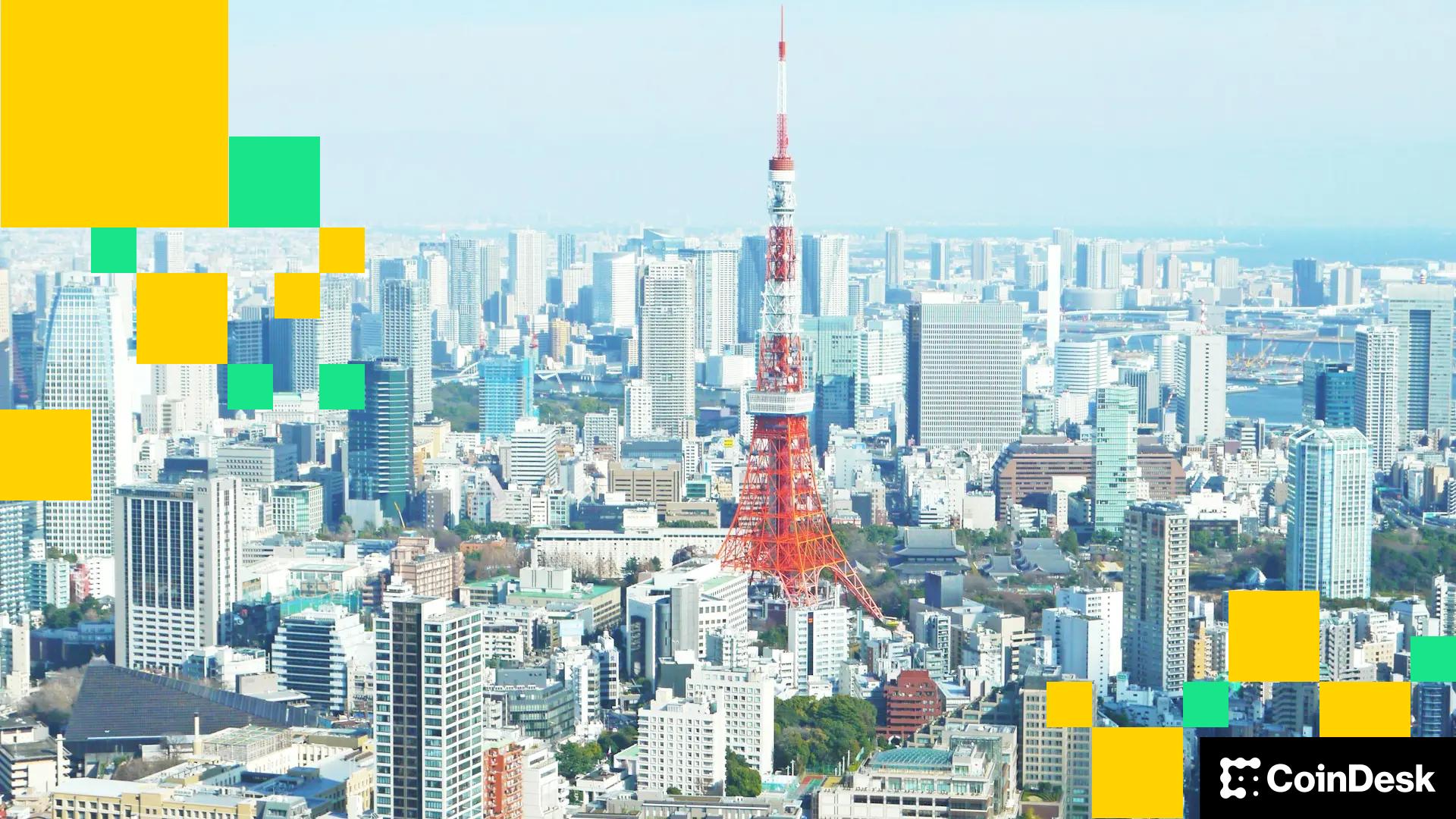
Good Morning, Asia. Here is what’s making information within the markets:
Welcome to Asia Morning Briefing, a each day abstract of prime tales throughout U.S. hours and an outline of market strikes and evaluation. For an in depth overview of U.S. markets, see CoinDesk’s Crypto Daybook Americas.
The standard knowledge holds that the battle for Asia’s crypto hub is a contest between Singapore and Hong Kong. Each cities have English as an official language and use Western-inspired widespread legislation of their courtroom system.
However throughout Token2049, executives weren’t debating whether or not Singapore or Hong Kong would win the title of Asia’s crypto hub. As an alternative, they have been speaking about how Japan, as soon as written off as overregulated, had quietly develop into the area’s most credible marketplace for actual buying and selling quantity, staking infrastructure, and institutional development.
“Japan had no regulation for a very long time, do not forget, that is the place crypto principally occurred, after which it went tremendous stringent, and nothing occurred for a very long time,” Konstantin Richter, the CEO of Blockdaemon, instructed CoinDesk throughout Token2049. “However individuals stored on chiming away, and now they really have a regulatory infrastructure that’s institutionally scalable and about able to pop. Whereas right here [in Singapore], it was a free fall, and now they’re beginning to construct up regulation.”
Singapore moved quick after which tightened. It opened its doorways early to crypto companies, constructing a repute as Asia’s sandbox for innovation. That labored, till it didn’t.
The collapse of FTX and different failures uncovered weak client protections, prompting the Financial Authority of Singapore (MAS) to swing towards heavy supervision in 2024. The end result: larger compliance prices, necessary custody segregation, exterior audits, and slower licensing. Those who do not prefer it have to go away, even when they don’t seem to be serving Singapore-based clients. It is a variety of work for a comparatively small market.
“Singapore was so crypto-friendly that everybody wished to come back right here,” Richter mentioned. “Then it constructed up, issues occurred, and all of a sudden you’re like, wait a minute, we do want extra stringent guidelines.”
Japan, against this, did its laborious regulatory work years in the past.
Following Mt. Gox (2014) and Coincheck (2018), Japanese regulators had already imposed strict licensing, segregation, and onshore custody guidelines lengthy earlier than FTX imploded.
By 2025, as an alternative of tightening, Japan is opening barely: permitting institutional staking, setting a pathway for crypto-backed ETFs, and clarifying how companies can provide yield.
Not like Singapore’s innovation-first, regulate-later strategy, Japan’s regulators wrote detailed guidelines for custody, segregation, and safety years in the past. Exchanges should maintain shopper property individually and use home validators, creating the form of atmosphere institutional buyers desire.
Richter mentioned Asian shoppers, notably in Japan, are prepared to pay for institutional-grade infrastructure, a distinction, he famous, to Europe, the place clients are sometimes extra price-driven.
The shift isn’t simply regulatory. Japan’s nearly invisible yield – the Financial institution of Japan solely ended unfavorable charges final yr – makes staking unusually engaging: a 3 % ETH yield is 30 instances larger than home treasury returns. That’s why Blockdaemon and different node operators see Tokyo as the subsequent main vacation spot for institutional staking flows.
Derivatives alternate BitMEX can be taking discover. In a latest interview with CoinDesk, BitMEX CEO Stephan Lutz mentioned the alternate had simply moved its information middle to Amazon Net Providers’ facility in Tokyo to be nearer to the place the motion is.
Japan’s crypto framework, as soon as criticized for being too strict, now offers it a transparent edge: predictable oversight, investor safety, and rising institutional yield.
Now, the query is, how will the standard hubs of Hong Kong and Singapore compete?
Market Motion
BTC: Bitcoin surged previous $126,000 in a “excellent storm” of macro tailwinds. But this newest breakout above $125,000 got here largely from non-institutional demand. With ETF inflows paused and retail merchants fueling momentum via excessive perpetual funding charges, BTC’s resilience above prior highs suggests whales are holding regular and shortage narratives are deepening.
ETH: Ethereum traded round $4,705, extending its latest power on renewed curiosity in on-chain fundamentals, improve optimism, and rotation from BTC to altcoins, as BitMine Immersion Applied sciences (BMNR) added 179,251 ETH final week, bringing its holdings to 2.83 million tokens value $13.4 billion, in a bid to manage 5% of Ethereum’s provide and solidify its place because the second-largest listed crypto treasury after Technique.
Gold: Gold traded round $3,960, nearing Financial institution of America’s long-held $4,000 goal, however the financial institution’s analysts now warn the steel appears overbought and will face a This autumn consolidation after a 50% yearly rally, whilst longer-term charts nonetheless go away room for features towards $5,000–$7,000 if the bull cycle continues.
Nikkei 225: Japan’s Nikkei 225 hit one other file excessive Tuesday, boosted by a Wall Avenue tech rally and powerful chip shares following the OpenAI-AMD deal, extending features after Sanae Takaichi’s election as Japan’s subsequent prime minister, which fueled optimism over pro-growth insurance policies.
Elsewhere in Crypto:
- Why Is Everybody Abruptly Speaking About Privateness Coin Zcash Once more? (Decrypt)
- Cathie Wooden’s ARK Bets on Tokenization With a Stake in BlackRock-Backed Securitize (CoinDesk)
- US federal shutdown stalls crypto progress as SEC goes darkish, TD Cowen warns (The Block)




